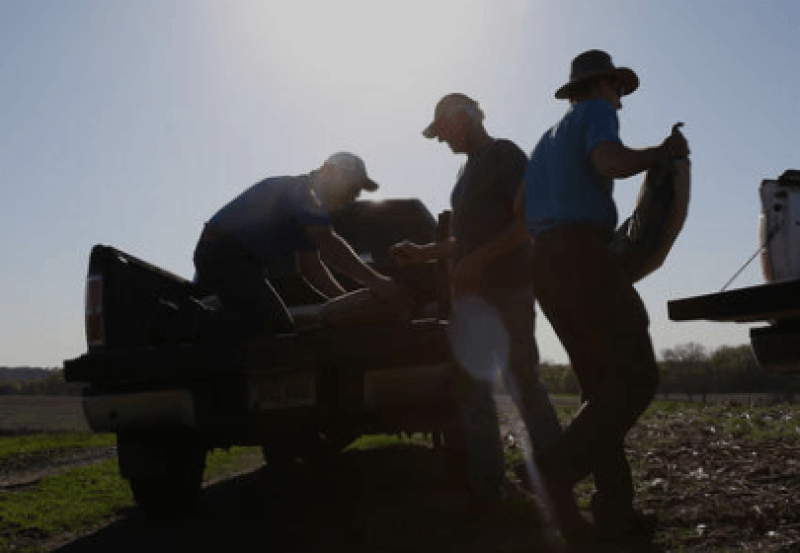The GLP aggregated and excerpted this blog/article to reflect the diversity of news, opinion and analysis.
Father [Bach Bakehouse] and son [Jon Bakehouse] love each other and love to farm, but there’s tension between them. The son wants to cut back on farm chemicals and figure out a more natural way to ensure the rich, black soil thrives decades from now. The father remembers what it was like to farm without effective weedkillers and knows how easily a farmer can lose his land if he loses sight of this year’s profit . . .
When public health activists decry chemical farming, they attack some of the practices — genetically modified crops, synthetic fertilizers, weedkillers — that have helped Maple Edge Farm prosper and remain in the family while so many others have sold off to larger operators. . .
Jon may sound like an ideal candidate for the organic movement. But he isn’t.
Organic farmers control weeds with heavy equipment that slices at the ground. More than a decade ago, Jon switched to no-till farming, which helps prevent erosion by leaving the soil — and the earthworms in it — as undisturbed as possible. Iowa on average is losing its topsoil 10 times faster than it’s being regenerated, according to Iowa State University agronomist Richard Cruse.
The downside of no-till methods is that the farmers depend on herbicides to kill weeds. Jon wants to find a way to use less chemicals while still preserving the soil.
If Jon can do that and still make a profit, he can show Bach that these moves don’t just help the environment, but they also make economic sense. Fertilizer and weedkillers are Maple Edge Farm’s biggest cash expense.
Read full, original post: An Iowa farmer depends on pesticides. His son asks: Is there a better way?































